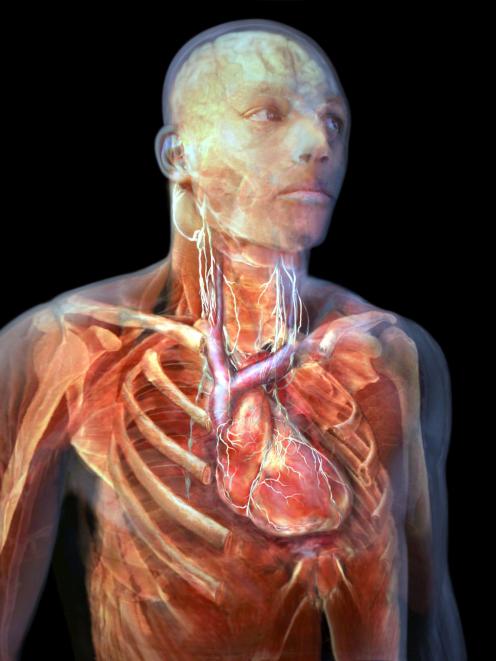
In the New Testament, the Apostle Paul uses the analogy of the human body as a way of speaking about the church.
In speaking of the church as a body, Paul is drawing on what had become a traditional way of thinking about a community of people.
Towards the end of the first century BC, Roman historian Livy reports that one Menenius Agrippa told this fable.
‘‘The other parts [of the body] thought it unfair that they should have the worry and the trouble and the labour of providing everything for the belly, while the belly remained quietly in their midst with nothing to do but to enjoy the good things which they bestowed upon it; they therefore conspired together that the hands should carry no food to the mouth, nor the mouth accept anything that was given it, nor the teeth grind up what they received. While they sought in this angry spirit to starve the belly into submission, the members themselves and the whole body were reduced to the utmost weakness. Hence it had become clear that even the belly had no idle task to perform, and was no more nourished than it nourished the rest, by giving out to all parts of the body that by which we live and thrive’’.
This story was used to argue for seeing the people of a city as a body.
From this idea, we get the expression ‘‘the body politic’’. We also talk about ‘‘the body corporate’’ for a block of apartments and so on.
The idea of a group of people as a body, as expressed by both the Apostle Paul and by Livy, points to both the unity and the diversity of a community.
The Apostle Paul uses the image in a number of places in his letters to speak of both the unity of the church as the body of Christ and the diversity of gifts given by God to the church.
Livy uses the image to argue for peace and harmony in the city of Rome at a time of great tension between the people and their leaders.
This body imagery helps us understand that a human community, like a body, is made up of many very different members or parts.
It would be a ridiculous-looking body if all the parts were ears or eyes.
Diversity and difference is essential for the healthy functioning of a body.
Some of the members of the community may seem unimportant, but, as with the belly in Livy’s story, they are just as vital as any other part of the body.
All parts of the body have a role, and if any part is not playing its role, the whole body does not function well. All parts of the body deserve respect, all are important.
But a body is also a unity. This is very important for both Paul and Livy.
The story Livy tells expresses the idea of the unity of a community, despite its differences. Like a body, all the different parts belong together. All are mutually interdependent, one on another. All are to be respected, and looked after.
The health of all parts of the body depends on mutual co-operation and the members of the body working harmoniously together. The body only functions when every part of the body recognises that every other part belongs to the same entity.
Factional differences need to give way to mutual interdependence for the common good. The different parts of a body are literally all in it together.
This image of diversity and unity, or unity in diversity, is as relevant today as it was in Livy’s day, or in the time of the Apostle Paul.
It would seem that some voices today are keen to treat some parts of our ‘‘body politic’’ as much less significant than others, or as much less deserving of respect.
Some voices seem to want to play off the right hand against the left, or would seek to starve the stomach of its food.
Some seem to value particular parts of the body politic, and devalue other parts.
But we all belong together. We all need each other. We all have a role.
And we’re all much diminished — even starved — if we don’t treat each part of the body with the respect and care it deserves.
As we approach the general election, we need to evaluate which policies reflect our joint membership of one body where the dignity and worth of all is recognised and upheld.
We need to resist rhetoric that emphasises sameness, and seeks to downplay recognising differences that enrich the body.
As the apostle Paul puts it in 1 Cor 12:26: ‘‘If one member suffers, all suffer together with it; if one member is honoured, all rejoice together with it’’.
We’re all in this together.
■Paul Trebilco is Professor of New Testament Studies in the Theology Programme, University of Otago.










